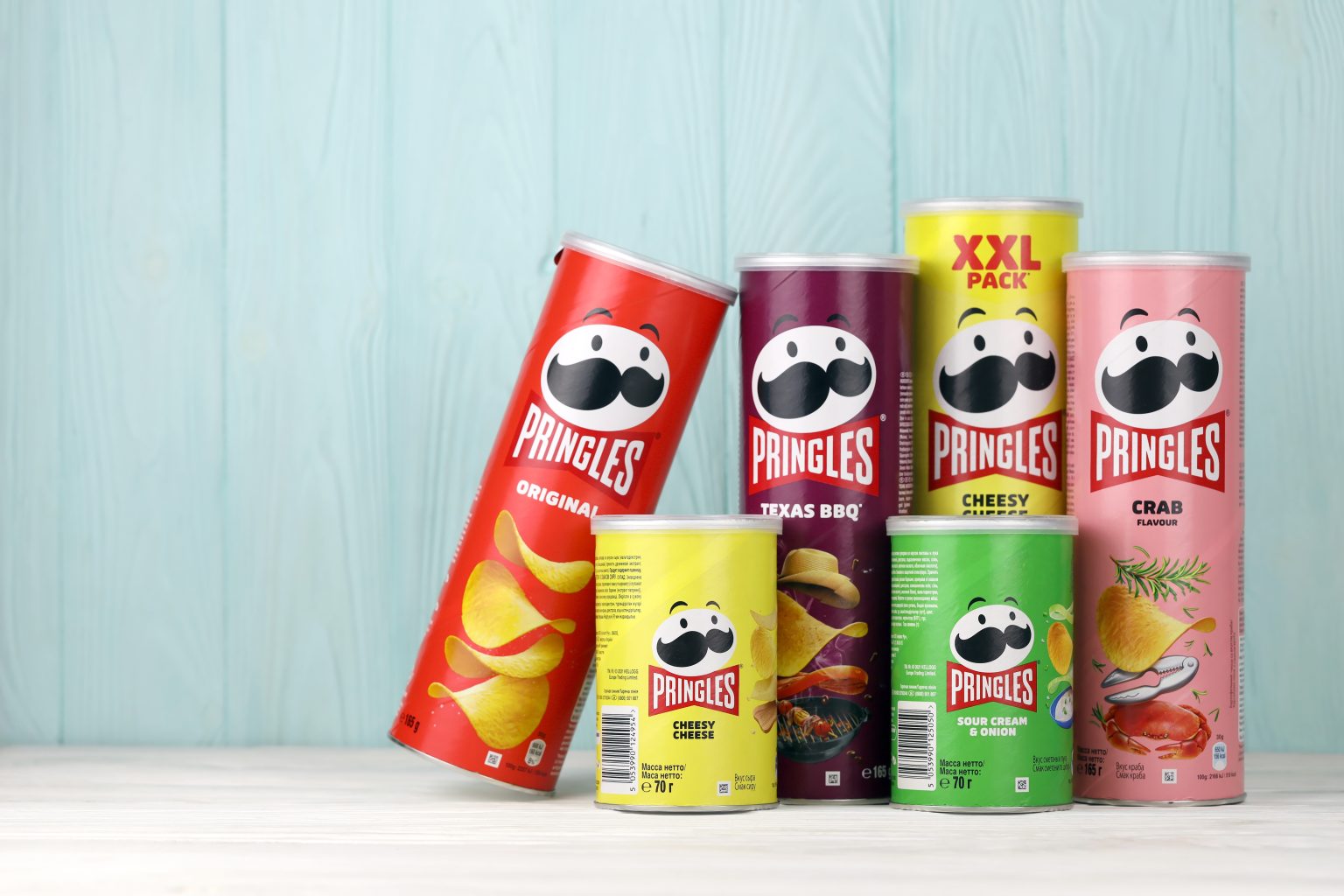The snacking company’s CEO, Steve Cahillane, informed investors that the chip brand is driving volume improvements in North America.
Kellanova experienced a 4% year-on-year rise in organic net sales in its most recent quarter, according to the company’s latest earnings report on Thursday. However, net sales were down by 5%, which the report attributed to currency translation issues and the divestiture of its Russian business last year.
During Thursday’s earnings call, CEO Steve Cahillane highlighted Pringles as the company’s most successful brand, citing Circana data that showed an increase in net sales for the chips in the last quarter. Cahillane stated that innovation is shaping the company’s business strategy for the rest of the year, including the launch of Pringles Mingles puffed snacks in October.
Since the snacking giant entered a new phase last October, spinning off its cereal brands, Kellanova has focused on driving growth for its well-known brands to better compete with rivals like Mondelēz International and PepsiCo’s Frito-Lay.
Kellanova’s volumes in North America increased by 2% in the most recent quarter, which Cahillane largely attributed to Pringles. He said the company’s strategy of increasing distribution and shelf availability of the chips had paid off.
“It’s a full commercial activation, gaining momentum,” Cahillane said. “That will continue into the third and fourth quarter and actually improve as activation around Cheez-It and some of our other brands starts to catch up to what we’ve done with Pringles.”
In response to a question from an investor about managing the competitive pricing environment, the CEO said that to keep consumers purchasing its products, Kellanova must ensure it hits the right price points, packaging sizes, and sales promotions.
“We have to make sure that we’re continuing to invest in our brands and innovation, meeting the consumers where they are,” Cahillane said.
Robert Moskow, a financial analyst at TD Cowen, told investors in a statement that Kellanova is in a stronger position than its CPG peers because the company managed to restore volumes this year after facing supply chain constraints in 2022 and 2023.
“While the sales beat came from hyperinflation in Nigeria, we view the results and management’s comfort level with their 2H as a refreshing sign of stability in a snack industry under pressure,” Moskow said.
Some snacking brands and grocers have reduced prices on food items in recent months as consumers cut back on spending. Last month, PepsiCo CEO Ramon Laguarta told investors the company planned to lower the price of some items, like unsalted potato chips and tortilla chips, to win back consumers. Earlier this week, Mondelēz CEO Dirk Van de Put told analysts that the Ritz and Oreo maker would add “value” items to its portfolio to attract lower-income consumers.

